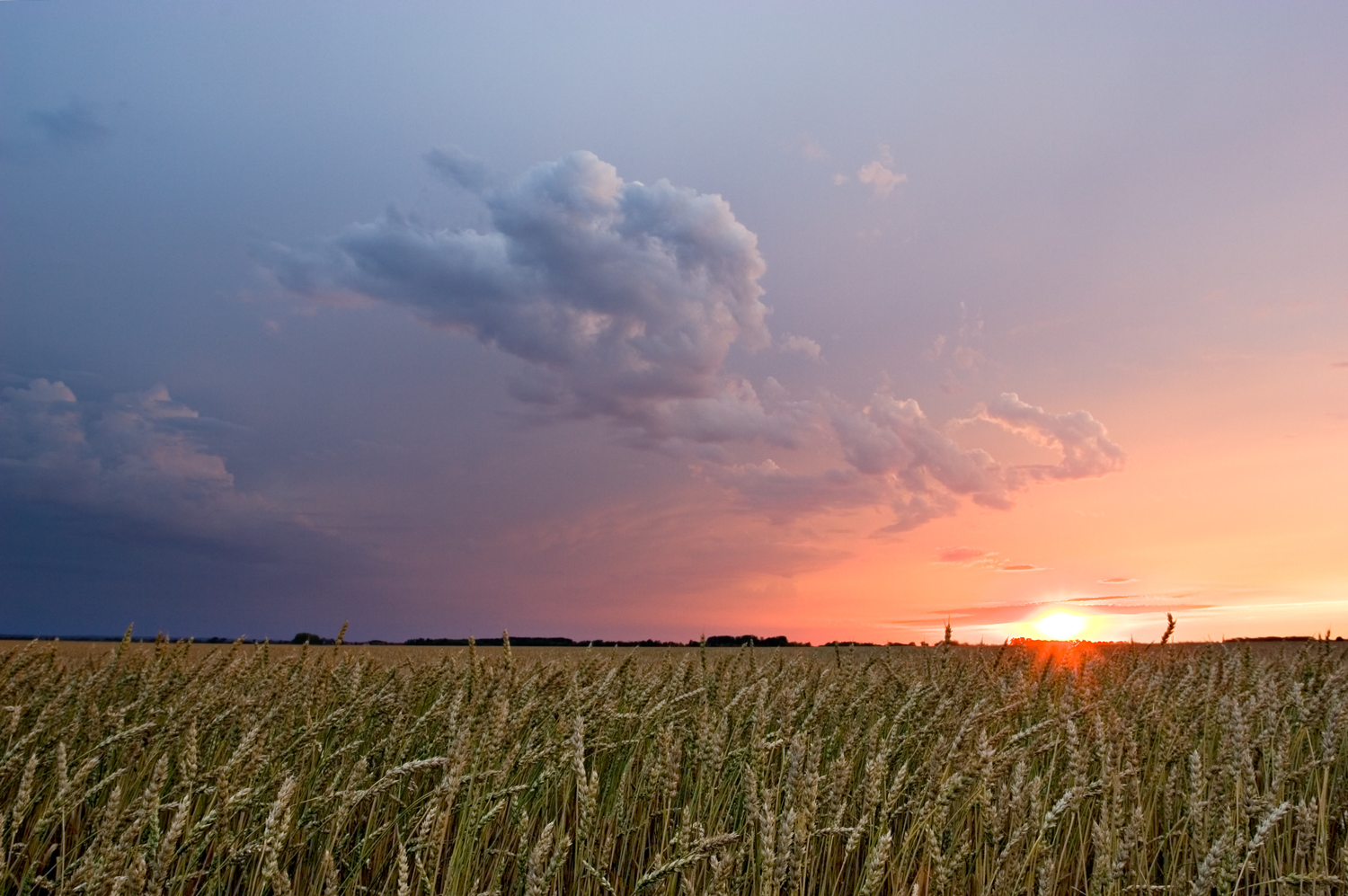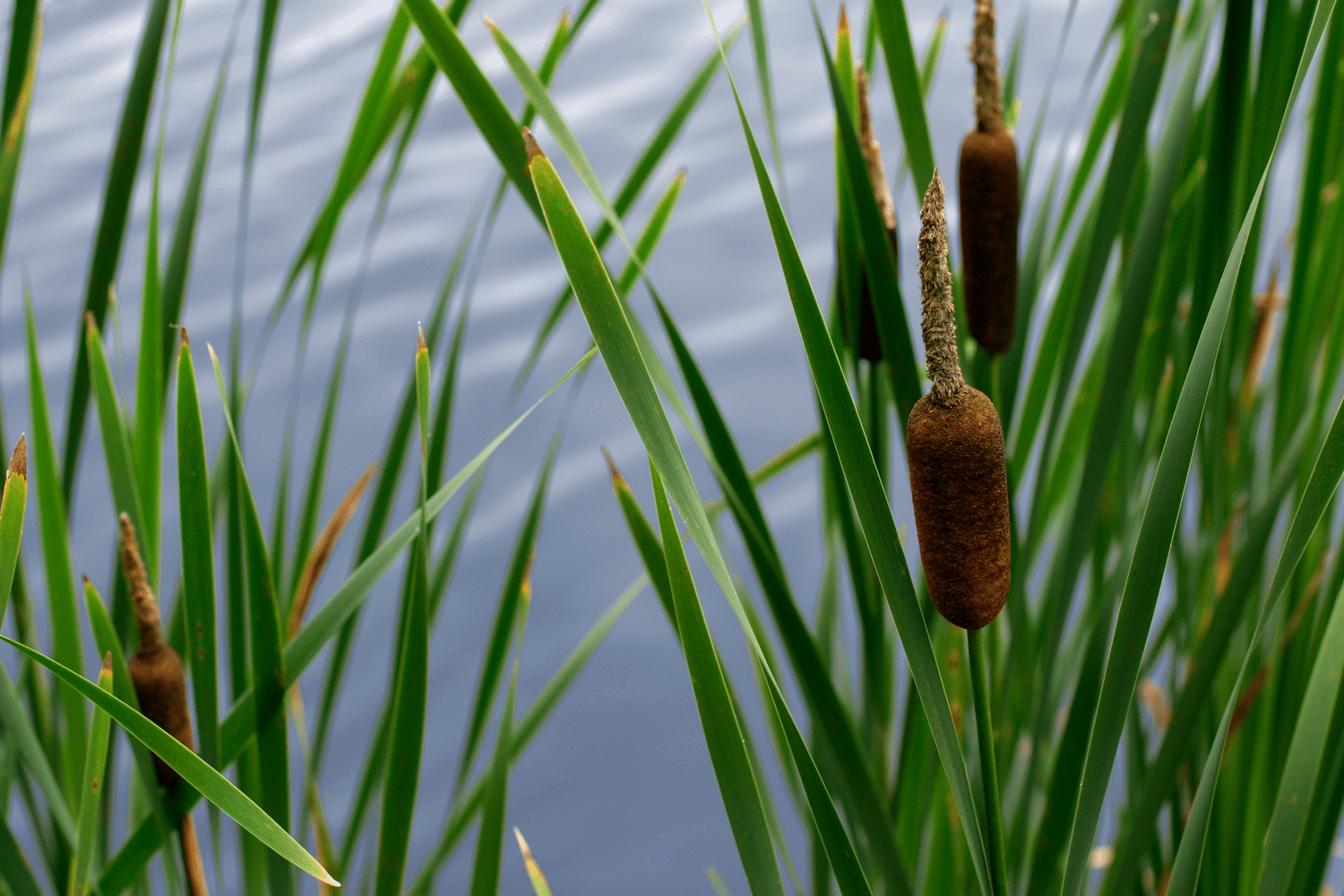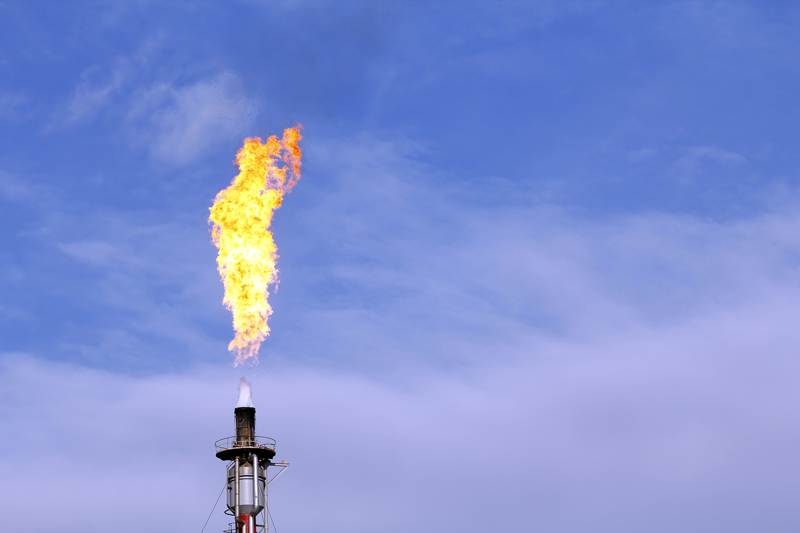Environmental initiatives
Respect & Protect the environment
At Tundra, we continuously strive to minimize our impact on the environment, and as a company, we are committed to finding innovative and integrated solutions to delivering environmentally responsible energy.
Tundra's goal is to reduce the environmental impact of our operations, using techniques such as monitoring of air quality and water wells. With the development of new technologies, our facilities are constantly updated. Old facilities have been decommissioned and/or reclaimed. New larger facilities have been constructed to minimize waste gas production, enhance spill prevention methods, and reduce energy consumption. We also promote recycling efforts at all of our facilities and continue to make energy-efficient upgrades.






Ducks Unlimited Canada
In 2009, Tundra Oil & Gas partnered with Ducks Unlimited Canada (DUC) to support conservation projects through the Richardson Foundation. Seven years later, our partnership is still going strong. Together, we are working toward keeping wetlands alive.
Tundra and DUC work together to put in place restoration and rehabilitation policies to correct the land after use. We also develop ways to efficiently use the land by practicing horizontal drilling, which enables rigs to avoid sensitive areas such as wetlands.
In the summer of 2012, Tundra unveiled the new Sustainable Land Use Centre near Deloraine, MB. The centre has various information stations spread out across the area for visitors to learn about the positive steps we take to improve our land use practices.
In 2014, we continued our support for DUC initiatives through a new five-year grant. In support of the new Williston Basin Watershed Conservation Initiative, Tundra Oil & Gas through The Richardson Foundation consolidated a number of conservation activities under one umbrella, building upon The Foundation’s past contributions, which permanently protected prairie landscapes in southwestern Manitoba and southeastern Saskatchewan where the interests and operations of DUC and Tundra overlap.
This initiative allows DUC staff to engage with Tundra’s field staff to provide conservation solutions and alternatives to landowner partners facing environmental challenges on their land.
By working together we demonstrate that conservation and restoration of wetlands and uplands is a viable option with reduced disturbance to the environment.
